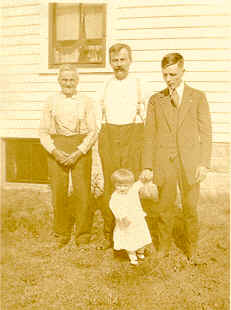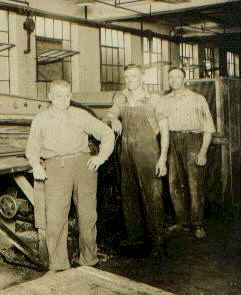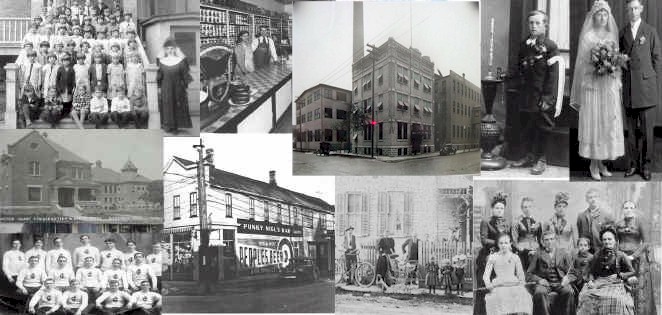|
HIGHHOLDERS OF OSHKOSH |
 |
THE HISTORY AND FACTS OF BAVARIANS AND GERMAN- BOHEMIANS IN OSHKOSH, WISCONSIN |
 |
|
This website is about our ancestors that came to Oshkosh, Wisconsin in the late 1800's. They became known as HIGHHOLDERS. (See Below) There is information on over 300 surnames that immigrated to Oshkosh from the Böhmerwald in Bohemia and Bavaria. They came to America as early as 1850 and as late as1920 but over 90% from 1880-1900. |
This is one part of a multiple part web. In this part you will find information on births, marriages, naturalizations, deaths, churches, schools, employment, photos and much, much more. There is also information on the German and Bohemian villages that the immigrants came from, with pictures. And email and website links to other researchers and other interesting sites. |
| It is easiest to move around by using the sitemap. |
| Monthly Newsletter |
|
|
|
|
|
|
|
*MEANING OF HIGHHOLDER: The real source of the meaning is lost but it either came from referring to the people from the highland region of Germany or from the German "hoi-holden" which meant collecting hay. The story goes: women would collect hay from south of Oshkosh for their cows and pigs and carry it back to their barns. Passersby would ask where they were going and they would reply in German "hoi-holden". But wait a minute, hay in German is heu, (pronounced hay) but not in the German dialect that comes from the borderlands, hay is hoi (pronounced in English high). The people who populated the Bavarian and Bohemian Forest spoke a dialect of German which was spoken no where else but in the borderlands. In the English translation it was changed to highholder, which is easier to pronounce. I don't know when the term was first used but I do have a newspaper mention of it from Sept. 1, 1894. (See Monthly Highholder for December 2002).
|
 Visit GenRing! |
GenRing Linking the World of Amateur Genealogists This GenRing site is maintained by the Webmaster of Kinderman of Bohemia and Wisconsin. [ Prev
| Skip
It | Next
5 | Random
| Next] |
 Next GenRing Page |
